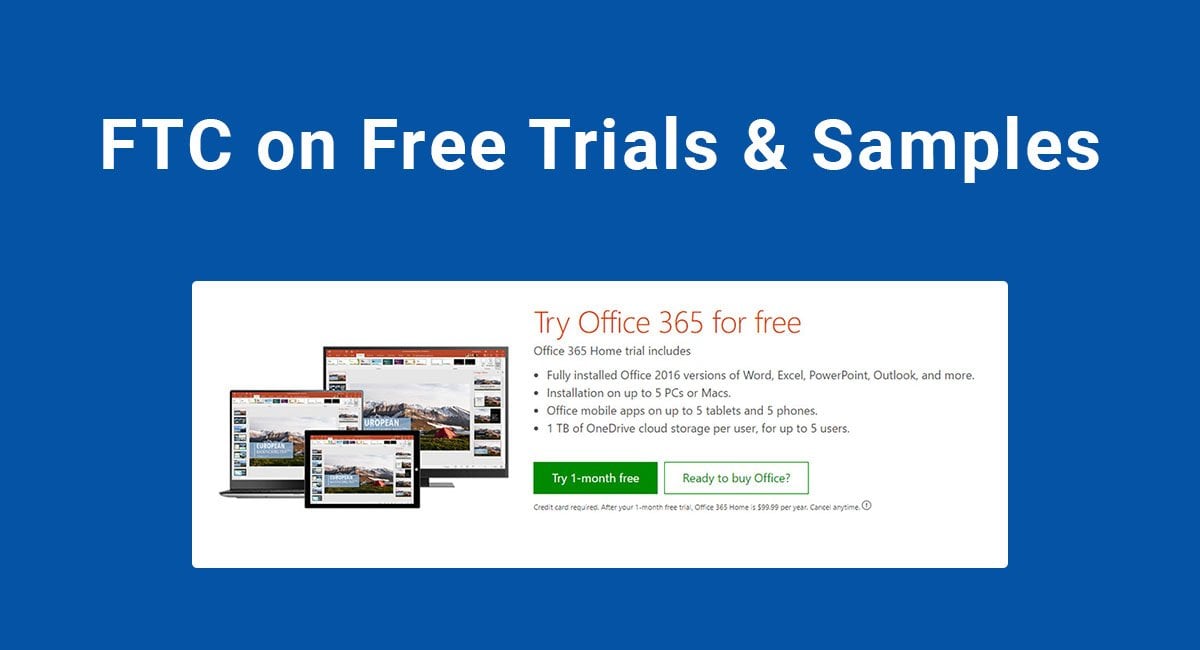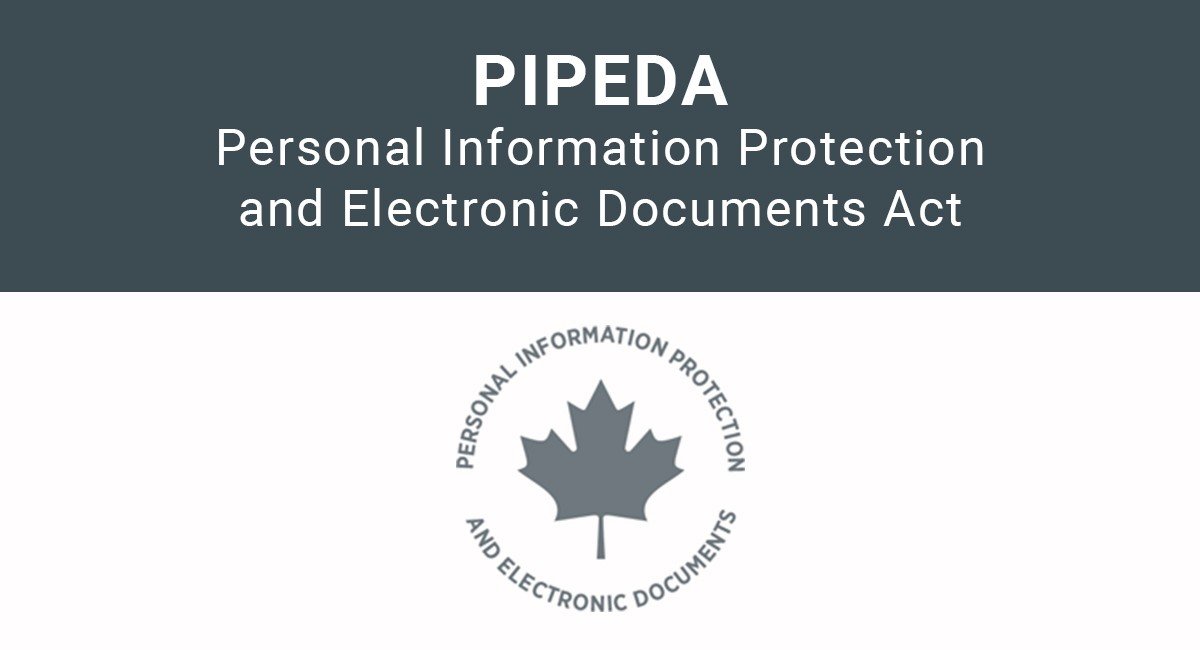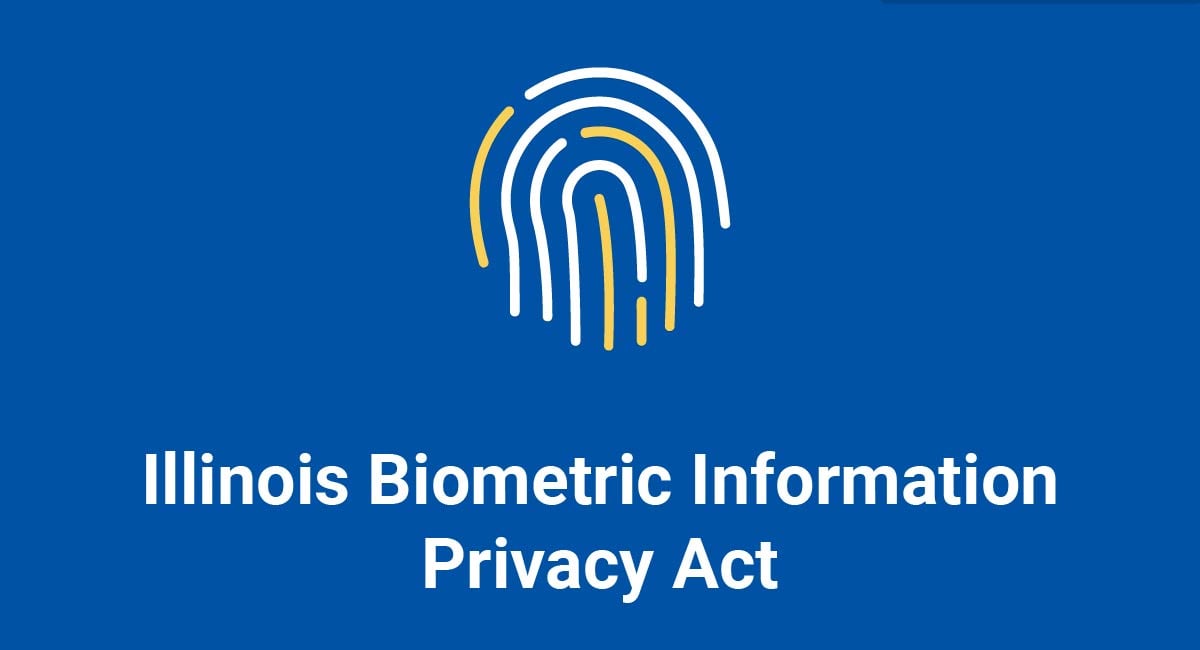Free samples or free trials is an excellent strategy to promote your business. Users like the fact that they can try out your product or your app before committing.
While this approach is often effective, it's also vulnerable to intense scrutiny by the Federal Trade Commission (FTC).
Lawsuits in the U.S. revealed that many of these "free deals" are not as upfront as they appear and the FTC needed to intervene on behalf of consumers.
The result was fines to companies and the FTC presenting standards for these promotions.
FTC: The Consumer Advocate
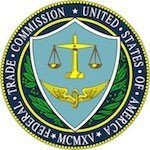
The FTC is a consumer advocacy agency in the U.S.
The FTC targets unfair trade practices and that includes deceptive advertising. Most free sample and free trial programs fall under those laws and regulations.
The frequent problem is that samples are often not free. Product samples, for example, may incur shipping charges or place different obligations on a consumer.
When these circumstances are not conspicuous on the website or order form, the FTC will target the company for deceptive advertising.
Most frequently, the FTC files for injunctive relief to stop your deceptive campaign and requests monetary damages for consumers affected by the actions.
The same can happen with free trials for an app. If you run a free trial for your app but do not offer a user a way to end it and avoid subscription fees, you could run afoul of the laws.
Again, you need to make the terms of your free trial conspicuous and allow users to end trials if they decide not to continue with the subscription of your product.
Even if the FTC does not pursue damages against you, a consumer may do so through a private lawsuit. If you affect enough consumers, you could face a class action suit.
That's why you need to be aware of the challenges surrounding free products, free services, including free trials.
Free Samples

Offering free samples by themselves does not cause issues. The problem that arises is when free samples come with other obligations.
A recent example of this issue is FTC vs. NutraClick, LLC. The lawsuit arose out of a promotion.
NutraClick sponsored a series of online advertisements encouraging consumers to secure free samples by clicking an online pop-up ad. The link took them to a landing page which allowed them to enter shipping information to secure the sample. It eventually asked for a credit card number which was only to be used for shipping and handling.
The problem arose when these actions signed consumers up for a subscription service that cost anywhere from $29.99 to $79.99 a month.
NutraClick offered links to the Terms of Service which would example this obligation. However, clicking that link was not a condition to receiving the free samples.
The FTC became involved when consumers requested refunds and an end to the subscription charges.
That is when the FTC filed suit. The parties agreed to a consent order where NutraClick agreed to clearly and conspicuously place the following information near the billing information fields:
- An explanation that receiving the samples signed the consumer up for the subscription service,
- The amount and frequency of the charges,
- A deadline for the consumer to cancel and stop charges,
- Who sells the products,
- A description of the products, and
- How to stop recurring charges in a way that was not difficult or time consuming
Consumers must consent to these terms with a checkbox or electronic signature rather than passively be pushed into the terms.
Nutraclick was also required to send a written notification of the transaction within 10 days of the sale. The notification was required to explain the purpose of the mailing and contain the disclosures above once again.
Since this requirement by the FTC, it's difficult to find free sample promotions that are linked to subscription services.
When searching for free sample promotions, most are given without any obligation other than to join an email list.
- L'Oreal offers a hair care sample in exchange for registering on the website. There are no other purchase requirements.
- Sephora includes three samples with every purchase but there's no obligation beyond that.
- Another beauty company, Paula's Choice, also offers product samples without any subscription attached to it. From what it appears, free samples and subscriptions are no longer a risk companies take right now.
Free Trials

Software apps - SaaS apps, for example - are not insulated from these legal issues.
In general, the FTC does not approve of unauthorized subscriptions and the agency adapted that approach to the modern world.
In another action last year, it targeted AT&T for charging consumers for subscriptions they never authorized.
The issues started when AT&T customers found unusual charges on their bills. Often costing as much as $9.99 per month, the services included ringtones, wallpaper, and text message subscriptions.
Investigation revealed that AT&T added these subscriptions without authorization from customers.
The FTC addressed the issue by returning more than $88 million dollars charged in these transactions.
There are private class actions against software companies, too.
A California federal court case, Stoker vs. LogMeIn, involved automatic renewal of subscription charges after a free trial of the software.
The lead plaintiff in the case, Britt Stoker, alleged that LogMeIn charged him $1,500 in fees even though there was no indication that the charges would be renewed.
California law as well as federal law requires direct consent.
The Stoker case was dismissed with no indication of how it was resolved.
However, it makes it clear that failing to be upfront with consumers on subscriptions will at least incur attorney fees your company must pay if not risk a judgment for deceptive trade practices.
How to Run a "Free" Campaign
Many of these legal issues around "free" campaigns arise because business owners fail to be upfront with their customers. You can avoid an FTC problem by communicating clearly.
Another option is to avoid auto renewals after free trials, in the case of businesses with subscriptions.
Clear Communication

Companies found legal trouble around their "free sample" or "free trial" campaigns because their intentions were not obvious to consumers.
You can avoid troubles by keeping your communications clear. Keep in mind that withholding information is considered as deceptive as lying directly.
In the NutraClick case, it was agreed that terms would be conspicuous and near the billing information fields
Microsoft took this one step further. On its offer for a free trial of Office 365, it offers one month free, requires a credit card, and indicates Microsoft will charge $99.99 per year - with the opportunity to cancel anytime:
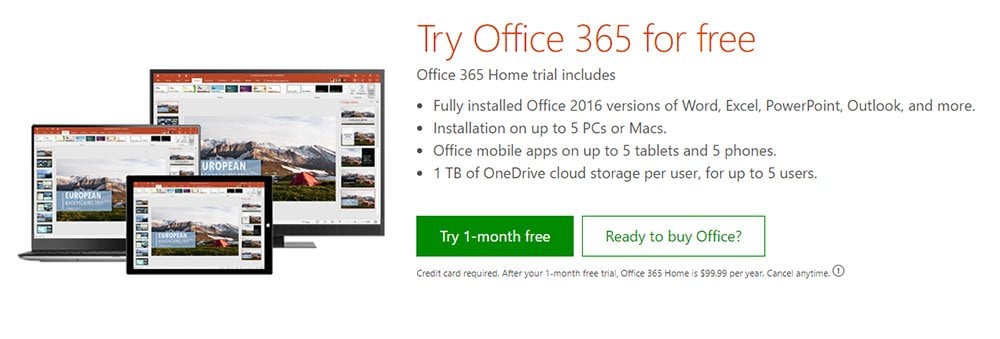
Dropbox adds additional reassurance with its Dropbox Business free trial. On the first two sign-up pages, it indicates that it will not charge the user's credit card.
This is page 1:
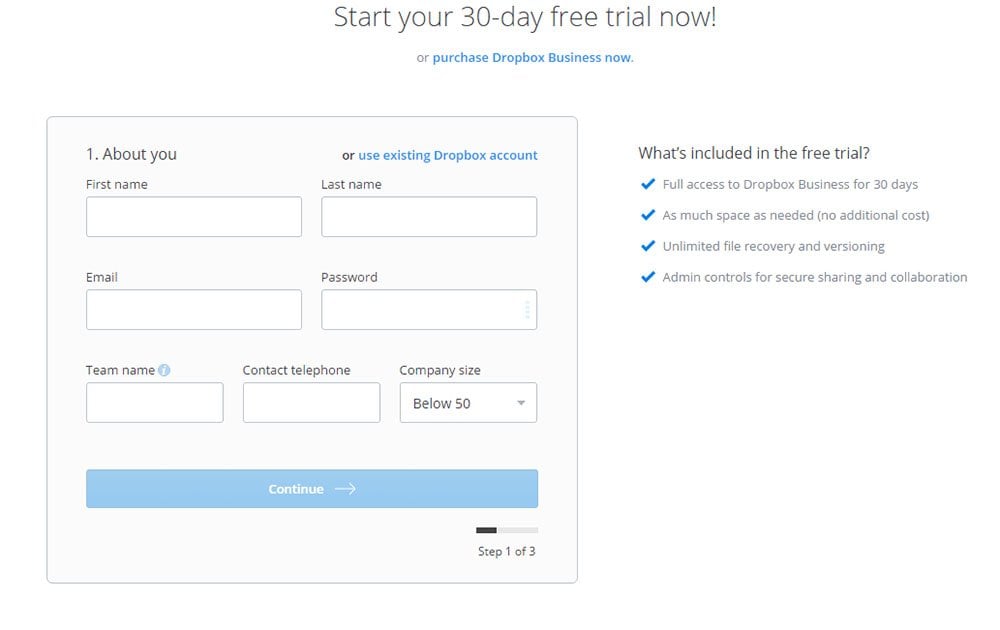
This is page 2:
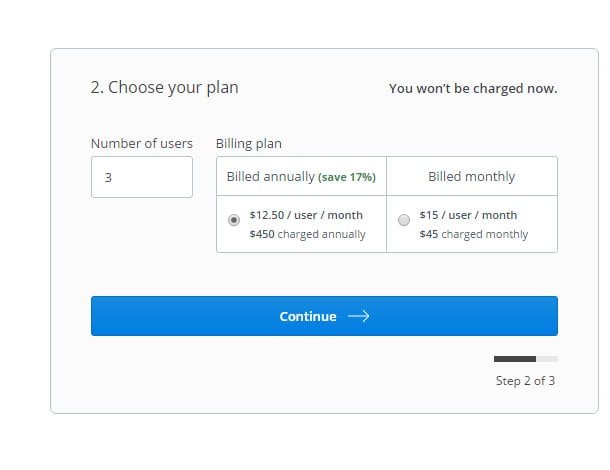
Once the user gets through the first two sign-up page, Dropbox gives a date for the end of the trial period so the user knows when to cancel if necessary:
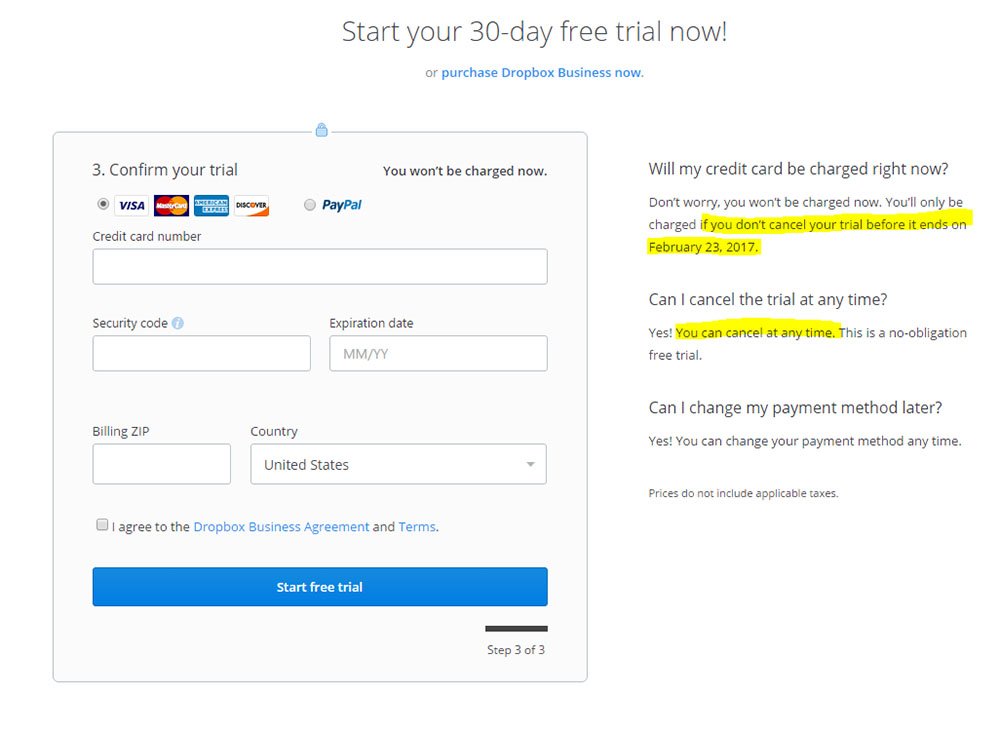
This is an excellent way to present deadlines and cancellation requirements without confusion.
Often times, a statement like "Cancel within 18 days to avoid additional charges" ends in confusion.
Users may miscount the days or fail to know when the 18 days actually starts. Giving a firm date like Dropbox does in this example is clear.
A company called Autodesk Knowledge Network offers free trials of complex software products.
The page where users can access the free trials explains that some products are subscriptions and need to be cancelled before charges incur.
This is not quite as direct as Microsoft or Dropbox. However, since Autodesk products cater to a more sophisticated audience, this mention is likely enough:
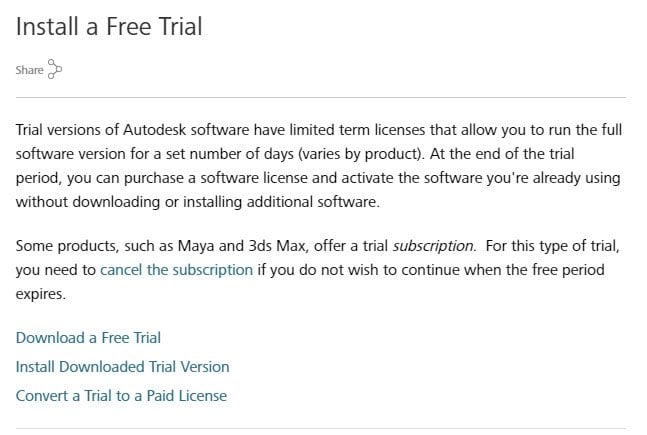
If you intend to charge subscription fees after a free trial, make it clear to the user during account set-up.
You may want to add clickwrap check-boxes to encourage users to read the terms of the free trial before they sign up.
Even if you do that, putting out essential details like deadlines and the amount of the charge near the billing information assures you meet FTC guidelines.
Avoid Automatic Renewal

You can avoid FTC scrutiny entirely by offering free trials without automatic renewal.
This approach is not common, but it has its advantages.
One advantage is less legal scrutiny. You still want to communicate clearly and ensure no misunderstanding, but if a user misinterprets instructions, you're less likely to face legal action.
The Google Cloud Platform offers a good example of a free trial with no automatic renewal. When you visit the landing page with this offer, it makes that clear in the beginning:
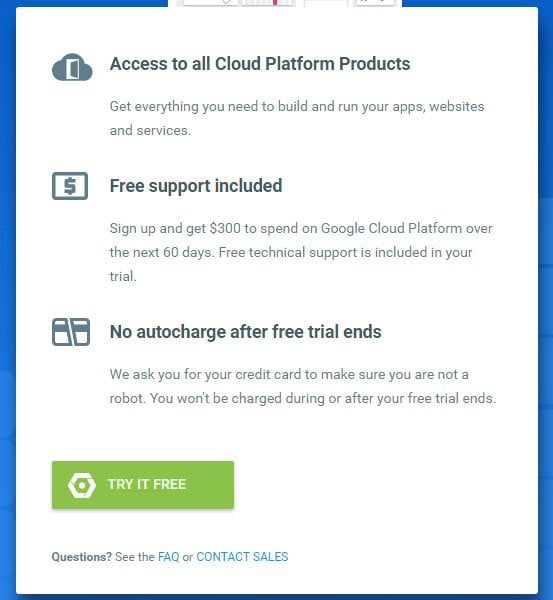
In addition to making initial rules very clear at sign up, there's also a clear link to an FAQ where users can find more information.
In the FAQ, there's a direct question in the FAQ about charges which Google answers succinctly:

The FAQ also contains information on cancellation. With no fear of automatic charges, the method is simple -- just ignore emails regarding payment for the service.

Communicating well about your free trials or free samples can be as simple as good web design:
- Use reasonable sized fonts
- Spend time compiling FAQs
- Add links so it's easy for consumers to make an informed decision
- And so on
If you decide to to take Google's approach and avoid automatic renewal, communicate that well, too.
Provide FAQs for reassurance and explain the process thoroughly.
The more transparent you are with any free trial campaigns, the less likely you'll encounter adverse action from the FTC or consumers.

Comprehensive compliance starts with a Privacy Policy.
Comply with the law with our agreements, policies, and consent banners. Everything is included.
